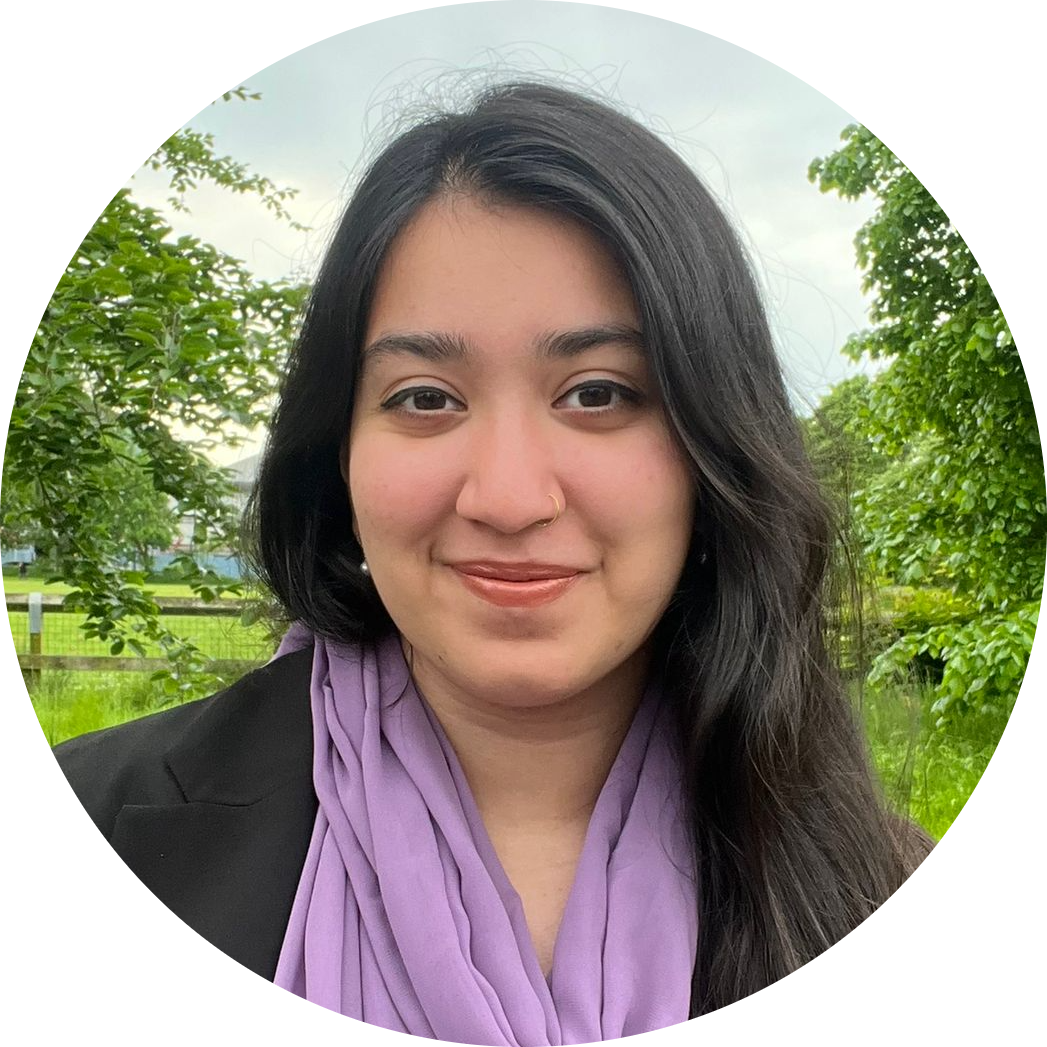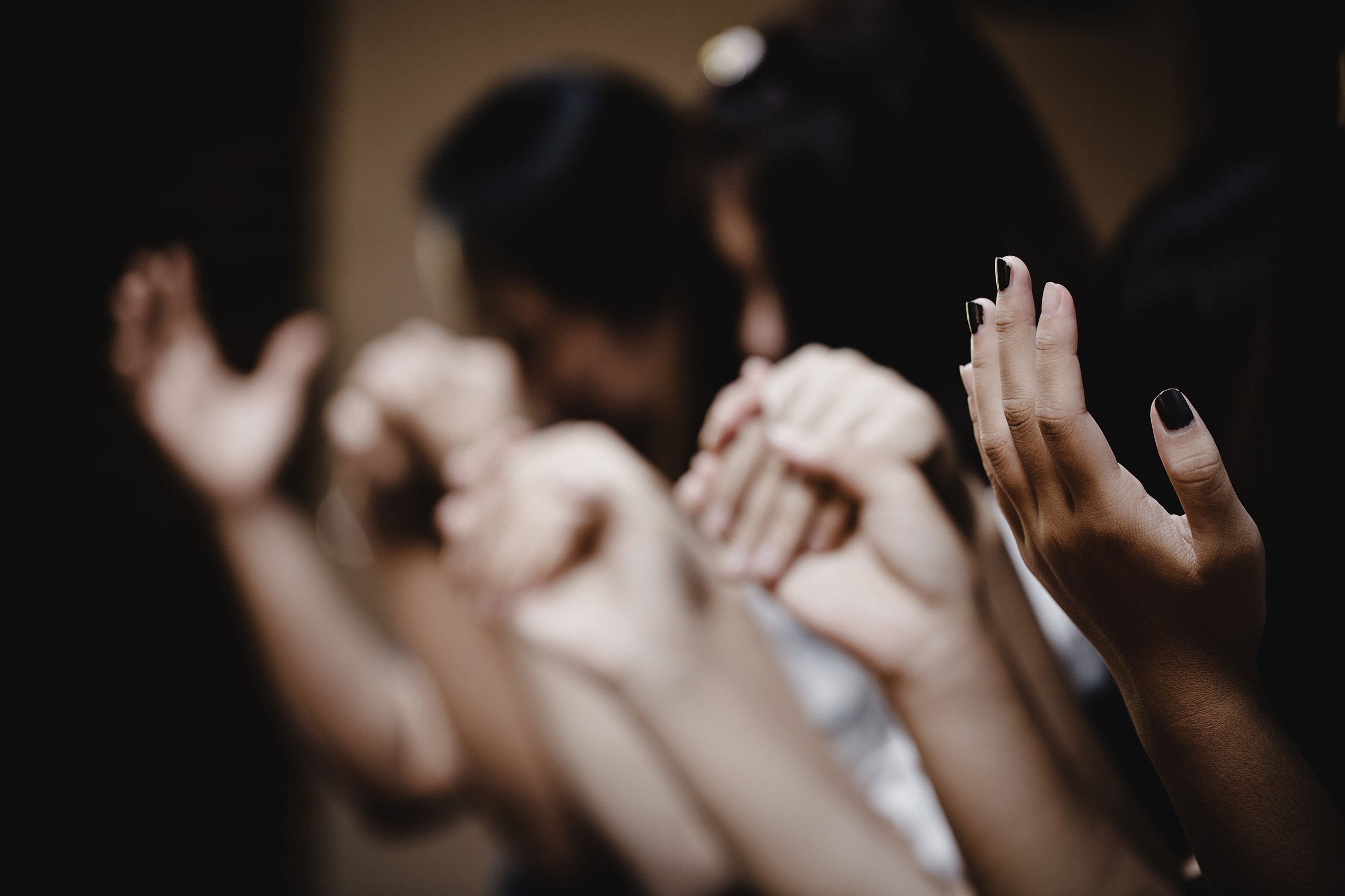About the Institute for the Impact of Faith in Life
The Institute for the Impact of Faith in Life (IIFL) is a research forum dedicated to understanding the role that faith plays in the lives of people in the UK and beyond.
Since it was founded in 2023, IIFL has produced reports and held events which explore the relationship between faith and topics including mental wellbeing, sustainability, workplace satisfaction, and diversity.
IIFL convenes a programme of digital and in-person events. Our research has been covered in national media including The Times, The Guardian, and BBC Sunday Morning Live.
The personal views of our team do not reflect the views of IIFL. IIFL is committed to fostering a productive and constructive dialogue about the positive role that faith plays in the UK and beyond.
Our team
Dr Charlotte Littlewood

Charlotte obtained her PhD in Arab and Islamic studies from the University of Exeter, where her research focused on the persecution of the Ahmadiyya Muslim Community in the UK. She has consulted for Muslims Against Antisemitism, an organisation that promotes community cohesion in the UK, and founded a community interest company which sought to counter extremism and promote equality and women’s rights in the West Bank. Prior to this, Charlotte worked as a Prevent practitioner on behalf of the government and a Counter-Extremism Coordinator for a borough in East London.
Dr Amanda Murjan

Amanda obtained her PhD in Theology with a specialist interest in psychology from the Centre for Catholic Studies at Durham University. Her thesis examined papal teaching on human flourishing using Carl Jung’s psychoanalytical theory and positive psychology. She is also a research fellow at Birmingham University, where she studies the role of spiritual practices in UK African and Afro-Caribbean Churches, and holds a postdoctoral research position at Durham University, as part of an international project examining Catholic lay participation in church governance.
Rania Mohiuddin-Agir

Rania is passionate about understanding civic participation and community dynamics. She has a BA in International Relations from King’s College London, and an MSc in Sociology and Global Change from the University of Edinburgh. Committed to empowering inclusive communities, she contributes to social change through her research and advocacy.

